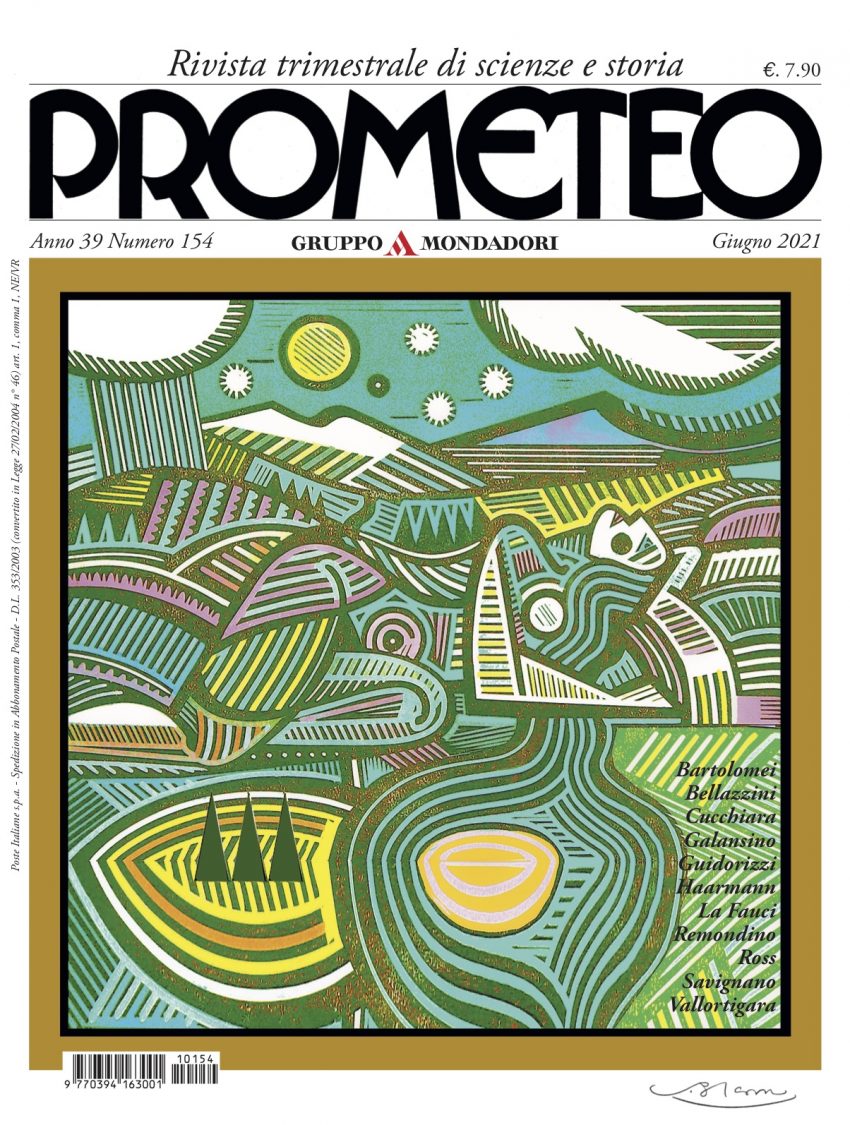Prometeo: culture’s modern role, objectives and perspectives
An event and special insert on culture’s status in this Country in the new issue of the science and history magazine, which celebrates its 40th anniversary
Today, Prometeo, a quarterly science and history magazine, organized a meeting on culture’s status, at the ADI Design Museum, to reflect upon its importance, its future perspectives and on the possibility of relaunching one of the most important sectors of this Country.
The topic at the centre of the special insert “Kultur, relaunching ideas,” published in the magazine’s new issue, concerns the resources that are of vital importance for our Country in this sector, and on which it should be able to count, as well as the barriers to be measured.
The three protagonists of Italy’s cultural scene, and authors of Prometeo’s special insert, Armando Massarenti, Severino Salvemini and Valdo Spini were the special guests of this appointment. Andrea Cancellato, director of the ADI Design Museum and President of Federculture, and Gabriella Piroli, in charge of the magazine, were also present to discuss about each and every aspect of this sector.
Prometeo’s 40 years
With this initiative, Prometeo, which celebrates its first 40 years, consolidates its role as a point of reference for an audience of scholars, university students, researchers, teachers and enthusiasts, thanks to a rich and influential production of eclectic, original and multifaceted contents on science and history.
Founded in 1983, the quarterly magazine of the Mondadori Group plunged into a renewal process that emphasizes its value even more: with a new formula that combines editorial quality – which has always distinguished the magazine – and experimentation of new languages and channels, Prometeo provides its readers with in-depth knowledge on contemporaneous themes, through the ideas, theories and original inspirations of some of the best scholars of our times.
Prometeo’s new issue
The meeting was also an opportunity to explore historical and scientific topics through the highly popular contributions featured in this new issue of Prometeo.
Among these, the critical reconstruction of the March on Rome, achieved by the historians Eros Francescangeli, Giulia Albanese and Mimmo Franzinelli, whose one hundredth anniversary will be celebrated on October 28, 2022.
In the new issue, on newstands and in selected bookstores since today, a new service dedicated to the images of the spatial James Webb telescope commented by the Italian astrophysicist Patrizia Caraveo.
And then, a novelty in “Librixime,” the section dedicated to non-fiction and its readers: the Decomposed Reading section, edited by Mariagrazia Pelaia, member of Prometeo’s Editiorial Committee for almost 20 years, has come to light.
